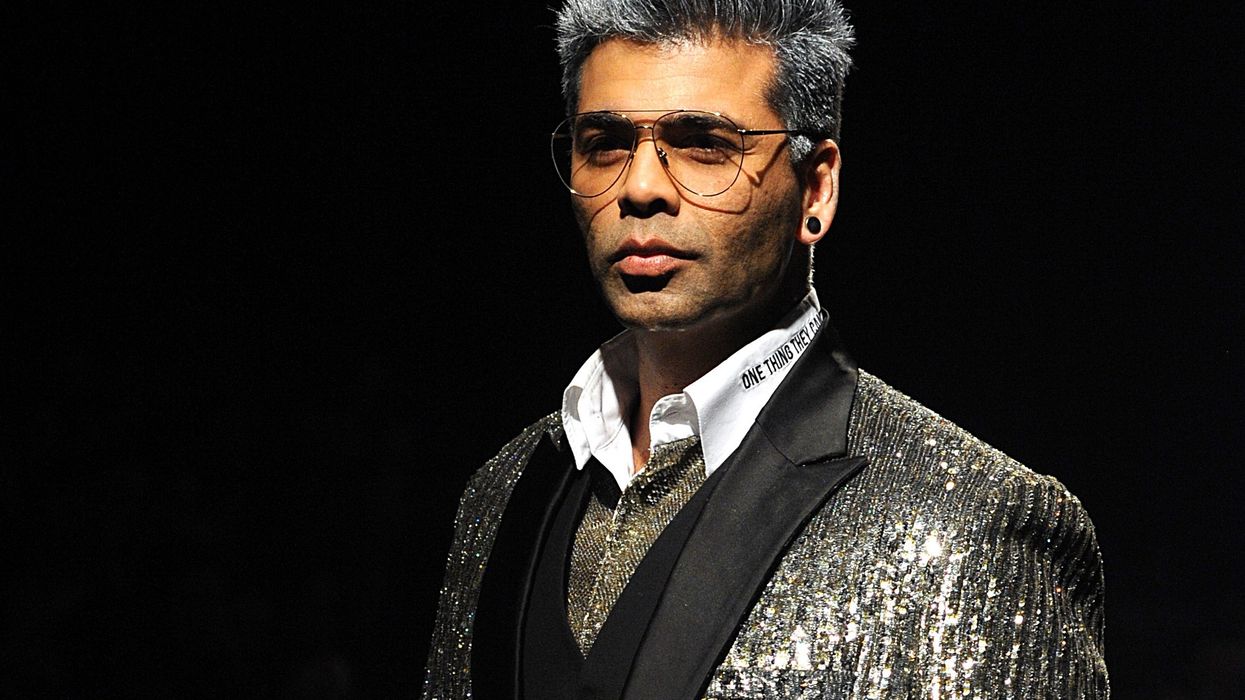By: Mohnish Singh
Leading streaming media giant Netflix is set to release its star-studded anthology film Ajeeb Daastaans on April 16. But before the grand premiere, the streamer dropped the trailer of the forthcoming film earlier today, which producer Karan Johar also shared on his social media platforms.
Produced by Karan Johar, Ajeeb Daastaans consists of four strangely contrasting stories about love, longing and identity. The film has been directed by Shashank Khaitan, Raj Mehta, Neeraj Ghaywan and debutant Kayoze Irani.
The first story of the anthology film has Fatima Sana Shaikh as a newlywed wife who turns her gaze elsewhere when her husband, played by Jaideep Ahlawat, tells her that he has someone else in his life.
In the second story, Nushrratt Bharuccha plays a house help who wishes for a good future for her young daughter. However, things go awry when a middle-aged man hires her with ill intentions in his heart. A young laundry boy, played by Abhishek Banerjee, also has feelings for her.
The third story has supremely talented Shefali Shah who plays mother to a deaf daughter. All she wants in this phase of her life is that her partner be more empathetic towards their daughter’s needs.
The fourth story revolves around a factory worker, played by Konkona Sen Sharma, who meets a married woman, played by Aditi Rao Hydari, who is yet to come to terms with her homosexuality.
Talking about his segment Majnu, writer and director Shashank Khaitan said, “My film Majnu explores the dynamics of three characters, their interpersonal relationships and how they keep evolving with each scene. Jaideep, Fatima and Armaan’s characters all want love on their own terms and the space to express themselves but are trapped within the norms of society, much like a lot of people around us. Working on a predefined theme about flawed relationships was a unique experience for me as this is the first time I made something so unusual yet realistic.”
Raj Mehta said, “Khilauna was made with the intention of bringing an unexpected storytelling experience to the audience. The story and the title itself might have different interpretations for each viewer and that is what makes it exciting. Nushrratt, Abhishek and Inayat have this multi-dimensional relationship which adds depth to the film. We have presented imperfect characters, much like real life with no clear blacks or whites. It is entirely on your perspective and hopefully, the film will leave audiences feeling perplexed yet entertained.”
National Award-winning director, Neeraj Ghaywan said, “Geeli Pucchi explores the intersectional realities of two women from disparate worlds. They are both longing for an emotional connection which they end up finding in one another. It was truly inspiring to see Konkona and Aditi bring these characters and their relationship to life. Geeli Pucchi is a complex ride of emotions and I am very excited to see the audience's reaction to it.”
Making his debut as a director, Kayoze Irani said, “Ankahi is all about emotions - those that can be expressed and those that are left unsaid. What attracted me to the film was the fact that communication doesn’t need to be verbal and a lot can be said without words. Manav and Shefali were a treat to direct and they lift the entire storyline. It’s an amazing feeling when lines written on paper transform into a beautiful vision because of fabulous acting and chemistry. The sense of fulfilment after completing a film is immense and I can't wait to share it with the audience.”
Ajeeb Daastaans premieres on April 16 on Netflix.




